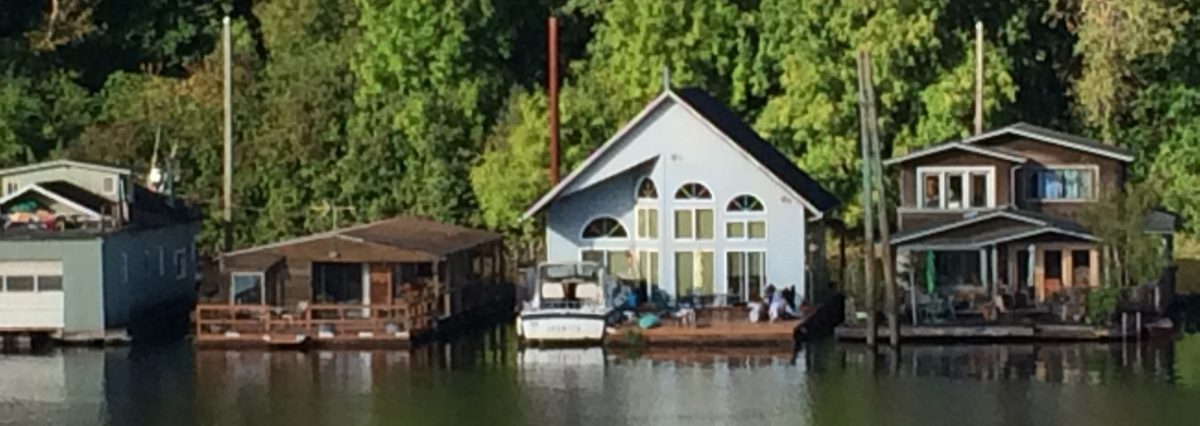What does one have to do with the other?
ORS Chapter 90 treats marina tenancies similarly to manufactured housing park tenancies in many regards. If marina residents want to influence the laws that affect our tenancies, we can create our own volunteer, activist committee and try to establish some credibility with the legislature or we can join the existing coalition, with 20 years of credibility. And, further, if we want to create our own committee, we’d need to make sure that any legislative changes we pursue do not affect park tenancies. Given the similarities of the laws, how small our target group is, and the wealth of expertise available from the existing MH coalition, the best way to achieve our goals is to work within the group that, for over 20 year, has been successfully creating legislation that impacts us.
___________
The MHC Background – History and Looking Forward
-John VanLandingham, MHC, 2018
(NOTE: Mr. VanLandingham has provided the following information to the public to help people better understand the connectivity between the coalition, manufactured houses and floating home laws. If you have any further questions about the contents of what it written below, please contact us directly so as to leave Mr. VanLandingham the time required to do the good work at the Coalition level. Thank you.)
The Manufactured Housing Landlord/Tenant Coalition has existed since 1997, and has since its inception negotiated and gotten adopted a bill amending MH L/T law in every long legislative session since then. That’s 11 consecutive legislative sessions. The secrets to our success are our thorough, detailed work, and our collaborative, consensus-building style.
The Oregon legislature likes collaboration among normally competing groups over complex and contentious issues. The coalition was created in 1997, when the two sides – MH park landlords versus MH park residents – testified on opposite sides on a complex bill before the 1997 legislature. The committee chair, then State Senator Bill Kennemer, told the groups to go away and not come back until they had worked out an agreement. We did that, and have been doing so ever since.
Our successes have included probably half of the statutes applicable to MH parks, and some applicable to marina tenancies, too.
Residential tenancies are covered by ORS chapter 90. The “second half” of the chapter, ORS 90.505 to 90.850, applies only to MH parks and marinas, and not to apartment tenancies (although some parts of the first half of chapter 90 also apply to parks and marinas). Some of the statutes in the second half apply only to parks and not to marinas, such as space improvements prior to move-in (ORS 90.512-.518), special assessment plans for submetering (ORS 90.543), conversion to subdivisions (ORS 90.643), closure provisions (ORS 90.645), hazard trees (ORS 90.727), tenant opportunity to purchase (ORS 90.840), landlord registration and mandatory education (ORS 90.732, 90.734), and coverage by the state’s Manufactured Communities Resource Center (education and mediation) (ORS 446.515). In some cases, the differential treatment of marinas is for a good reason (such as that marinas are unlikely to convert to subdivisions). But in other cases there is no good reason for the differential treatment, only that marina owners and residents were not active in the early years of the coalition and so were not present to share the unique perspective of marina living.
There seems to be renewed legislative interest in looking at adding marinas to some of these provisions. And maybe addressing some of the unique issues relating to marinas, such as with live-aboards.
